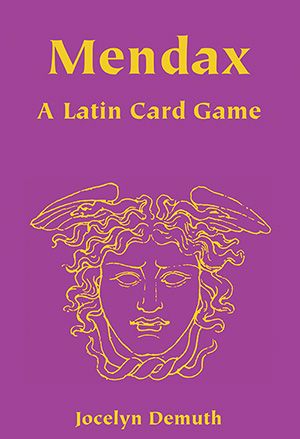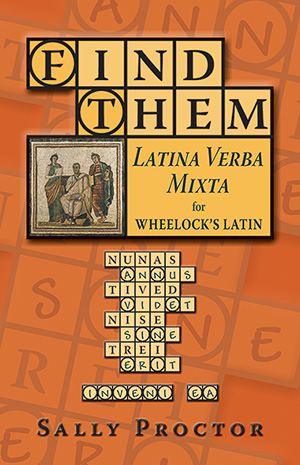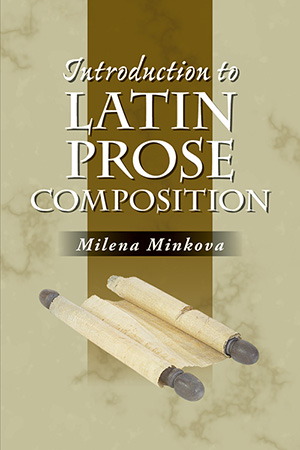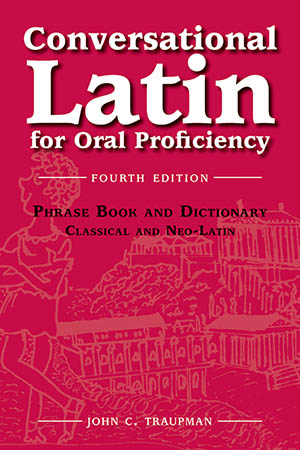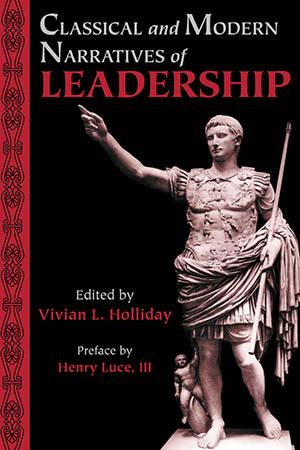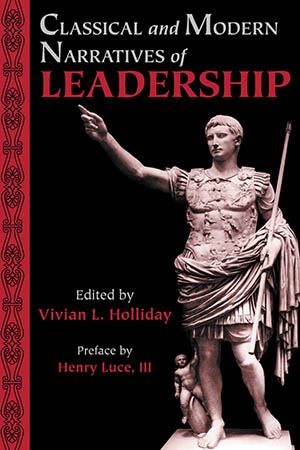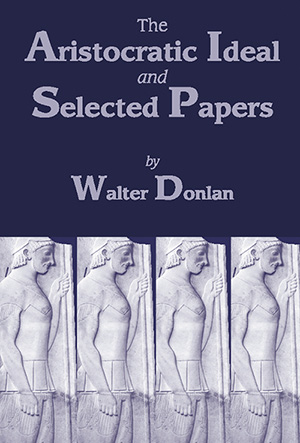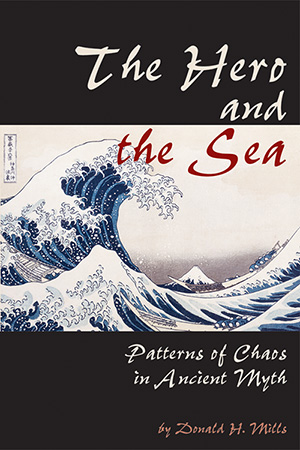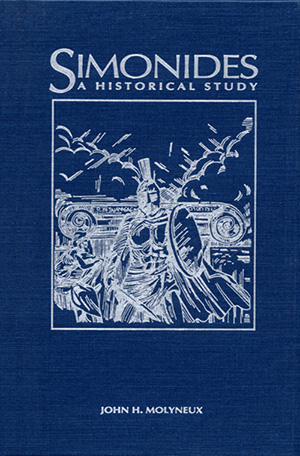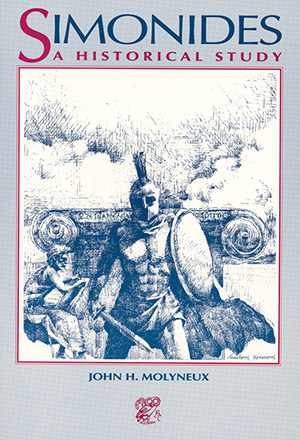A survey of Greek athletics from Homeric times through the fourth century C.E. From the games of the Iliad, to the foundation of the Olympic games, to the poetry of Pindar and the Olympic Festival, this book covers all aspects of Greek athletics: the events themselves—from the running events held at the first competitions to the later 'heavy' events of wrestling, boxing, and the pankration, to the pentathlon, jump, discuss, and javelin, held only at festival; the religious and athletic centers; the festivals in which the games took place; the voices of the games' celebrators (like the poet Pindar), critics, and the athletes themselves; the gyymnasion and its culture; and the evidence—literary, artistic, archeological, and historical. The introduction examines the nineteenth-century bias that created the myth of Greek amateurism. An extensive bibliography aids the reader in pursuing further study. CD containing all the references in English, makes this work also a unique reference.
Special Features
- Introduction examines the bias in earlier treatments of Greek athletics and the "myth of Greek amateurism."
- Six Chapters examine evidence from Homeric times to the Golden Age of Athens
- Illustrations throughout
- Extensive bibliography for further reading
- CD of over 377 pages and 15MB containing all of the ancient references in English translation



